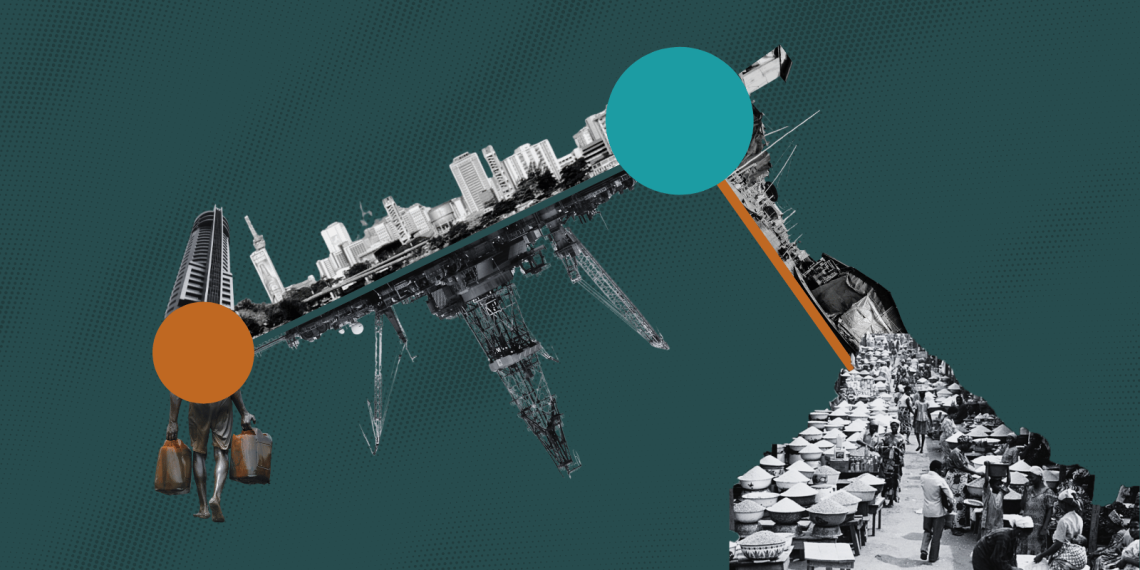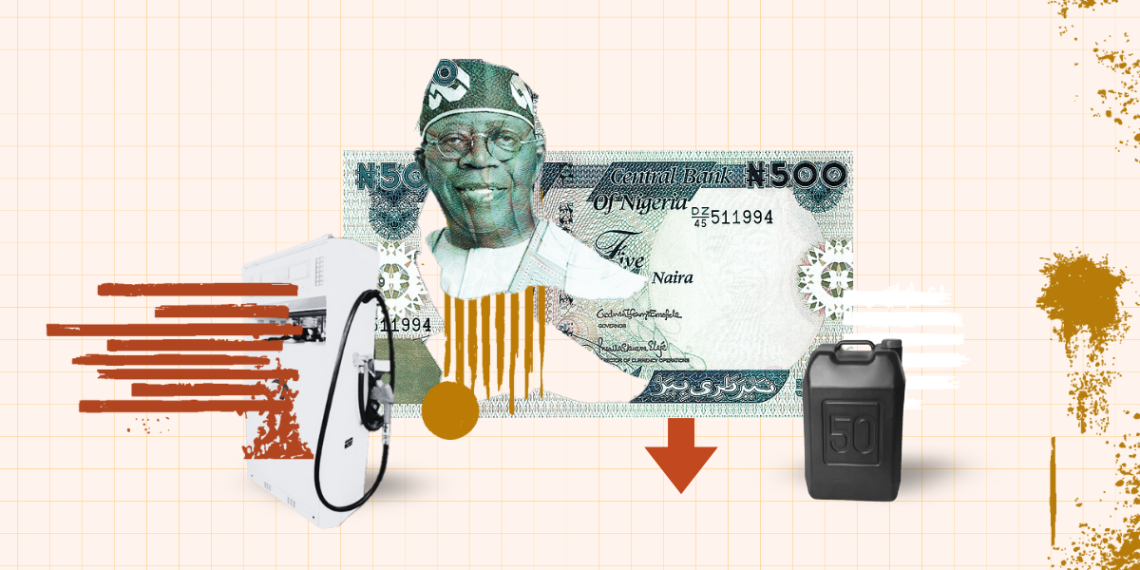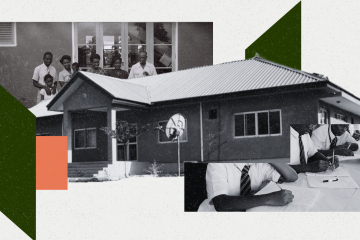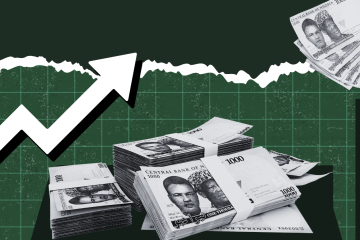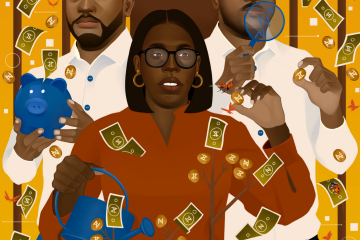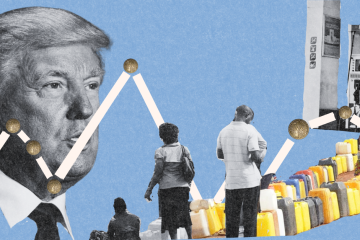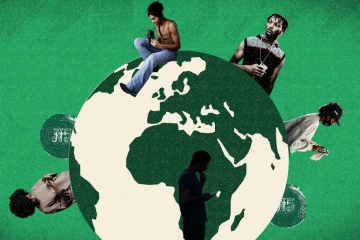Economics
The Vanishing Dream of Nigeria’s Middle Class
Rice costs more, the naira buys less, and the middle class is checking out. From golden-age dreams post-independence to present japa-fuelled exits, this essay traces how Nigeria’s middle class rose, unravelled, and now fights to survive. Read More...
The New Chapter in Nigeria’s Tax Story
Nigeria will begin 2026 with its biggest tax overhaul in decades. But what exactly is changing and will the new tax regime worsen or improve Nigeria’s economic and fiscal future? Read More...
Saving Nigeria, the Piggyvest Way
In today’s digital age, history-making lightbulb moments don’t always strike in boardrooms or after soul-searching mountain hikes. Sometimes, they unfold casually on the X timeline. Piggyvest, now one of Africa’s leading wealth management platforms, began exactly with that: a tweet, a conversation and a simple idea that would quickly revolutionize Nigeria’s fintech industry. Read More...
How America Determines Nigerian Fuel Prices
President Donald Trump’s tariff strategy and push to recalibrate the dollar has affected global capital flows, especially economies tethered to the dollar system. In Nigeria’s fuel sector, this manifests as dollar hegemony meets subsidy removal and state retreat, giving rise to a new private monopoly. Read More...
The Financial Chains on Nigeria’s Digital Workforce
Nigeria’s restrictive financial policy is hindering payments for its rising digital workforce, keeping many locked out of the global economy. Read More...
Who Benefits From Nigeria’s Detty December?
The beginning of the second half of the year signals plans for Lagos’ glitzy Detty December, a seasonal spectacle that generates short-term profits for a privileged few while deepening inequality, fuelling inflation and missing opportunities for sustainable and inclusive economic growth. Read More...
Nigeria Was Once the World’s Largest Palm Oil Producer—What Happened?
Nigeria is the fifth largest producer of palm oil in the world although it used to be number one. Despite being a major producer, its population relies on imported palm oil reflecting a history that saw Nigeria lose the global palm oil market to southeast Asian countries. Read More...
Financial (Dis)Integration Within ECOWAS
For 50 years, West Africa has struggled to establish financial integration. The East Africa community offers a compelling success story that West Africa can emulate. Read More...
The Economic Uncertainties of the AfCFTA Amidst Regional Conflict
The AfCFTA’s potential to transform intra-African trade risks being undermined by the volatility created by instability in the Sahel and Great Lakes regions. Read More...
Is China’s Belt and Road Initiative in Africa a Development Catalyst or Debt Trap?
As China’s Belt and Road Initiative is reshaping Africa’s economic landscape, opportunities in infrastructure development clash against rising debt, raising questions of sovereignty and long-term sustainability. Read More...




